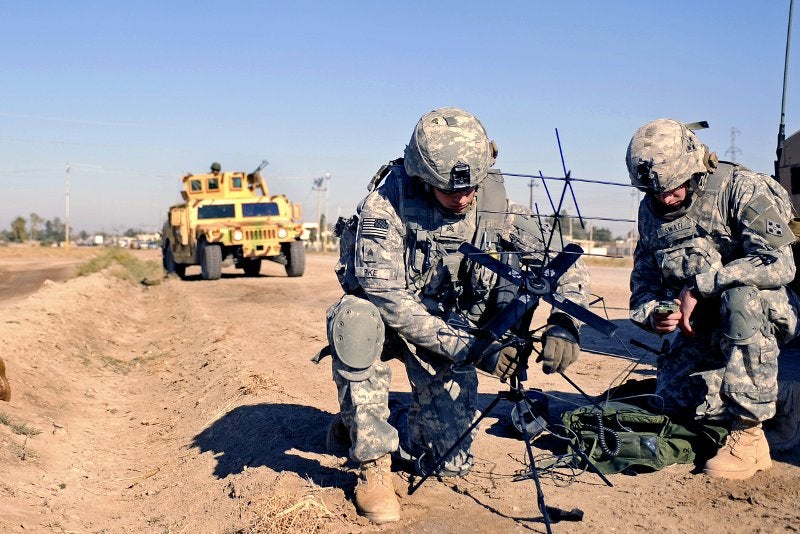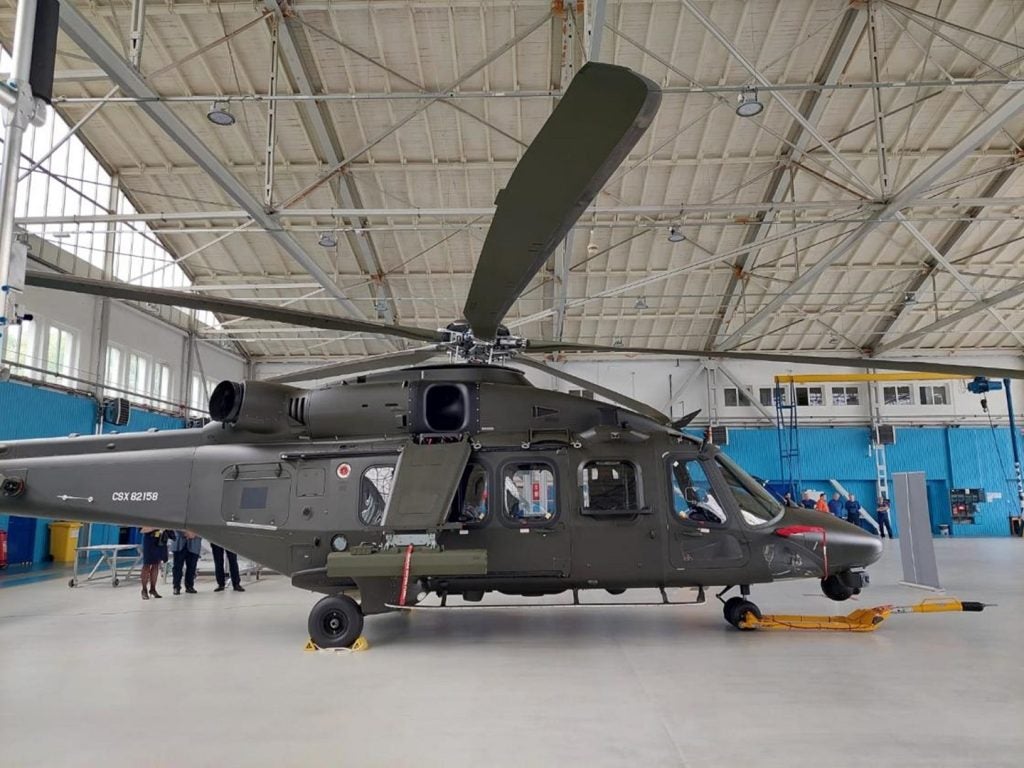
Harris Defence Australia has signed a contract to deliver a mobile tactical command system for the New Zealand Army.
Under the $40m contract, the company will design and deliver a tactical communications network that will include portable radios for soldiers.
It will also be responsible for the supply of software, systems and connecting radio equipment.
New Zealand Defence Minister Ron Mark said: “Communication networks are vital to defence force operations and must be modern, effective and designed to meet the needs of military personnel.
“The contract has been signed as part of the first tranche of work being delivered under the Network Enabled Army programme, one of several projects underway addressing equipment obsolescence.
“Networks and equipment used by the New Zealand Army and Special Forces are the focus of this contract.”
How well do you really know your competitors?
Access the most comprehensive Company Profiles on the market, powered by GlobalData. Save hours of research. Gain competitive edge.

Thank you!
Your download email will arrive shortly
Not ready to buy yet? Download a free sample
We are confident about the unique quality of our Company Profiles. However, we want you to make the most beneficial decision for your business, so we offer a free sample that you can download by submitting the below form
By GlobalDataThe Network Enabled Army (NEA) programme aims to provide national land forces and special operations forces with a deployable, networked command, control, communications, computers, intelligence, surveillance and reconnaissance (C4ISR) capability.
NEA is a long-term programme that will be delivered in four tranches over 12 years, with tranche one expected to be delivered by the end of 2021.
Mark added: “Together these will enable accurate and detailed information to be transmitted securely between military personnel and command centres, both within New Zealand’s Forces and when operating at an international level.
“Whether at home or overseas, the defence force operates alongside other government agencies and New Zealand’s international partners, and the ability to work together effectively is vital to the success of these operations.
“Interoperability with partners is strategically important, and as technology continues to advance, defence must be ready to keep pace in both procurement processes and capability requirements.”
The contract was signed following an extensive evaluation process to assess the solution that meets the army’s operational requirements.







